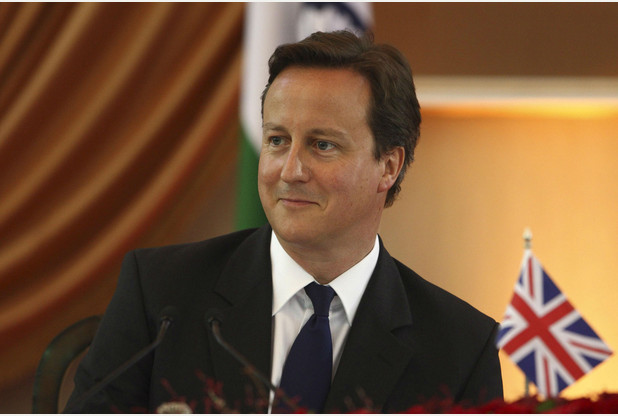Fast Broadband To Become A Legal Right For All
Cameron is to make broadband connectivity a “universal service obligation”, which makes an affordable connection a legal right of any United Kingdom citizen, just like electricity or water.
The latest data from Ofcom confirms 10Mbps is the speed needed to meet the demands of today’s typical family and small business.
The creation of a universal service obligation will provide a regulatory “safety net” for households and businesses as access is extended to the most remote and hardest to reach areas by the end of the current parliament in 2020.
“We’re getting Britain – all of Britain – online, and on the way to becoming the most prosperous economy in the whole of Europe”. Under the plan people would not be entitled to superfast broadband (defined as speeds of 24Mbps or higher), but they would be guaranteed fast broadband of at least 10Mbps.
The Labour Party has openly criticised the plans, saying the government’s promise for everyone to have fast internet by 2020 meant those without broadband services will suffer for the next five years.
The Government is already taking steps to improve broadband experience for all consumers.
Culture Secretary John Whittingdale said: “The UK’s digital landscape is being transformed – our rollout of superfast broadband is helping millions of people who would otherwise have missed out to get online”. Now the minimum internet speed has been set to 1 MBPS by many developing countries. Many may now be anxious the Government may be less stringent at pushing superfast to the final 5% and rely on the USO forever consigning the final 5% or a large proportion of it to second grade broadband forever.
The telecoms regulator is also due to release a new mobile app later this year, allowing consumers to check if their home wi-fi is working as it should be.
The average United Kingdom broadband speed is 22.8 Mbit/s, according to Ofcom.








